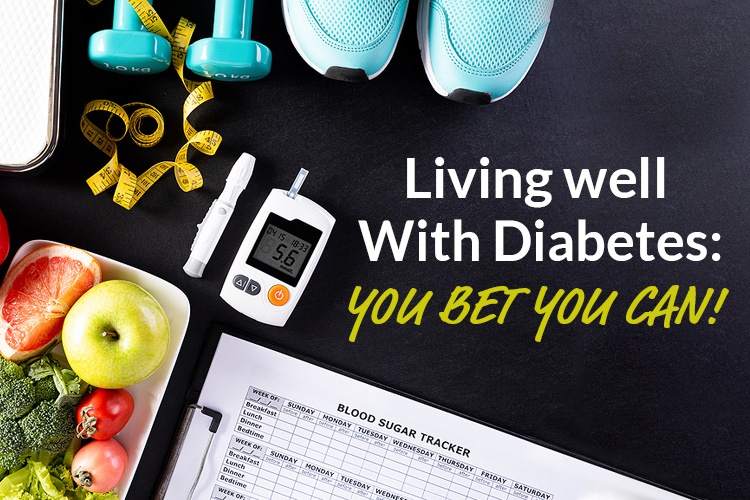Dr. Elbert Huang, director of the UChicago Center for Chronic Disease Research and Policy, wrote in April of 2024: “The exclusion of older adults from early [Type 2 diabetes] trials stems in part from the complexity of aging, which can include multiple diseases and medical conditions occurring simultaneously. However, their absence meant the studies essentially did not represent how diabetes presents in the real world. “The majority of people with diabetes are over 65, so our evidence was not based [on data from those people].”
Startlingly, I now find myself in the class of people who have not appeared to matter to the medical establishment. We’ve lost perhaps a decade of time in looking for treatments for older adults who have Type 2 diabetes. How many people – I ask this sarcastically, because what do people who are more familiar with paper letters than cellphones and are usually over 65 REALLY matter in this 5G world [which is, I read, how FAST we get our internet information. (3G was born in 2008 and let us get our data at a rate of 3 megabytes per second. 4G boosted that to 14 megabytes pers second (MBPS). 5G boosted that to 100 MBPS to its SIX AND A HALF BILLION USERS.]
Clearly, not worth talking about.
That appears to be changing. Dr. Huang was of the opinion that “…[to the medical world] the sickest patients should get less medication because they're [un]likely to…benefit from [them]…it goes back to insulin: the original trial comparing moderate and intensive glucose control…was conducted during a time when the number of available drug classes were very limited [ie: no Glipizide, Metformin, Ozempic, or any of the other modern treatments]...that trial showed that people do better with lower blood sugar, but you had to live for at least 10 years to see the benefit.” The subtext there of course, is “and all these old people won’t make it that long, so why bother studying them because NOTHING IS GOING TO CHANGE.
Huang goes on to say, “…cancer and heart disease can disqualify people from participating in [drug treatment] trials. Yet…patients with such conditions are representative of average geriatric diabetes patients, and physicians must be able to treat them.”
Huang concludes: “For many years people have talked quite vaguely about older patients, saying, ‘This older patient is complex,’ ‘This older patient is frail. Now we have tools that are much more specific and reproducible,” Huang said. “And now we can with greater specificity say who is missing from the trials, which could help us reexamine trial data and reshape how we design trials in the future.”
A recent result of this changed attitude led to Mounjaro and Zepbound: “A key study of [tirzepatide, the main ingredient of those two “Brand Name” drugs, discovered that there was] a significant reduction in the risk of progression to type 2 diabetes in adults with pre-diabetes and obesity or overweight…[which] achieved significant results, demonstrating a 93-94% reduction in risk of progression to type 2 diabetes [compared to placebo].”
The implication is that testing the drug on people 65+ discovered that not only could we TREAT Type 2 diabetes, we can now PREVENT it altogether – and avoid the concurrent drain on the cash-payout of the massive profit-driven insurance companies that are required by law to cover us “Golden-Agers”!
Source: https://biologicalsciences.uchicago.edu/news/new-diabetes-drugs-prompt-reassessment-care-strategies-older-patients; https://investor.lilly.com/news-releases/news-release-details/tirzepatide-reduced-risk-developing-type-2-diabetes-94-adults Image: https://www.hcd.com/wp-content/uploads/2021/01/living-well-with-diabetes.jpg

No comments:
Post a Comment